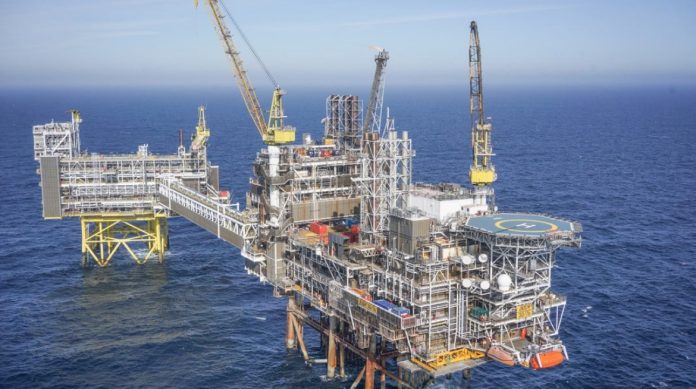The future of new oil and gas projects in the UK has been thrown into doubt following a landmark decision by the Supreme Court.
The court concluded that the environmental impact of emissions from burning fossil fuels must be considered in planning applications for new extraction projects, not just the impacts of the emissions produced during the extraction process.
The case centred around an oil drilling project at Horse Hill in Surrey, which was granted planning permission by Surrey County Council in 2019. Local campaigner Sarah Finch argued that the environmental impact of the project should have included not only the carbon emissions created during the extraction of the oil but also the environmental impact when the oil is burned.
Her case was initially rejected by the High Court, which argued that it was up to councils to decide what is and isn’t within the scope of an environmental impact assessment (EIA) of a planning application. She challenged an earlier Court of Appeal ruling dismissing her case. The council challenged the appeal, arguing that the law did not require it to consider “downstream” emissions as part of the assessment.
However, in a ruling on Thursday, Supreme Court justices ruled three to two in favour of allowing her appeal and quashed the decision to grant planning permission for the site. In his judgement, Lord Leggatt concluded: “In my view, there was no basis on which the council could reasonably decide that it was not necessary to assess the combustion emissions.” He continued: “Given the agreed fact that all the oil produced would be refined, I see no reason why environmental impacts resulting from the process of refining oil should not in principle fall within the scope of the EIA for the extraction of oil.”
The court did not conclude that fossil fuel emissions are unlawful, only that they must be considered in an environmental impact assessment. The decision from the UK’s highest court could have immediate implications for other fossil fuel extraction projects. West Cumbria Mining (WCM), the company behind a coal mine in Whitehaven approved by the government in 2022, clearly felt this could be a possibility as their lawyers intervened in this latest case.
The ruling could also have a bearing on offshore oil and gas projects. While planning rules offshore are different, EIAs are also required. Given the burden of scientific evidence on the negative environmental impact of carbon emissions, the ruling that the downstream impacts of burning extracted oil and gas must be considered by anyone applying to extract them is significant.
In relation to the Horse Hill project, Justice Leggatt concluded: “It is not disputed that these emissions, which can easily be quantified, will have a significant impact on the climate. The only issue is whether the combustion emissions are effects of the project at all. It seems plain to me that they are.”
KEEP US ALIVE and join us in helping to bring reality and decency back by SUBSCRIBING to our Youtube channel: https://www.youtube.com/channel/UCQ1Ll1ylCg8U19AhNl-NoTg AND SUPPORTING US where you can: Award Winning Independent Citizen Media Needs Your Help. PLEASE SUPPORT US FOR JUST £2 A MONTH https://dorseteye.com/donate/







